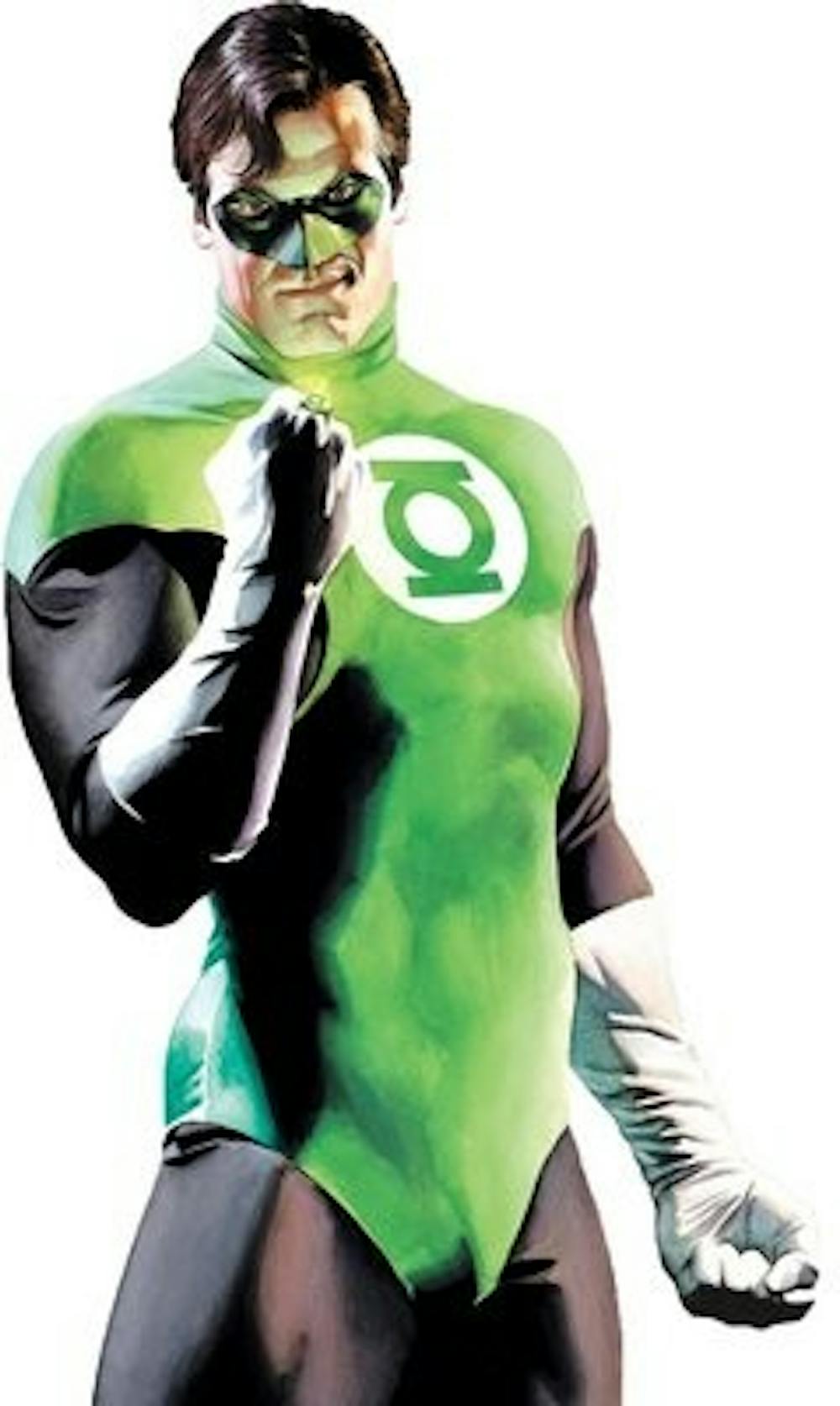The crisp, clean pages of a comic book once held a monopoly on the superhero genre. The characters that once captured the comic book generation are now taking form on the big screen.
The critically acclaimed "Batman Begins," released in 2008, was the highest grossing movie based on a DC comic book since its 1989 predecessor "Batman," directed by Tim Burton. At the time of its release, "Spider-man" became the first movie to earn over $100 million in its first weekend, inspiring two other movies to make up the popular "Spider-man" trilogy.
Comic book sales have also increased, with sales of graphic novels in comic stores going up from $20.51 million in 2001 to $77.65 million in 2009.
It's safe to say that these tales of heroism have captured our attention yet again and many are beginning to question the cause of such long-lasting appeal.
According to John Mullins, owner of one of the longest-lasting comic book stores in Auburn, Collector's Corner, the true value of a superhero lies not in his powers, but in his heart.
"The true value of superheroism is that you do what's right even if it's not the best thing for you," Mullins said.
Mullins has had a passion for comics for years and said he hopes that movies will stay true to the underlying message of his favorite superhero comics.
"The values that are taught by classic superhero comic books are core values that run through every major religion," Mullins said. "It's inspiring."
Brendan Morgan, senior in computer science, also holds comic book values in high esteem.
"People just want someone to look up to, someone who can solve all their problems, someone who does good despite the evil around them," Morgan said. "It's just an inspiring story for a lot of people."
It's clear that the themes of heroism and sacrifice still move both young and old alike, and now these superheroes have begun taking over the action movie genre.
After movies like "Batman" and "Iron Man" hit the big screen, interest in comic books significantly increased. After Spider-man came out, sales at Mullins' store more than doubled.
Upcoming movies such as "Batman: The Dark Knight Rises" and "Captain America," only strengthen the new trend in superhero movies, while Marvel comics is using its movie adaptations to build up to an Avengers movie in 2012.
There are, of course, widely varying views as to which medium of story-telling is best. To Mullins, who has read and enjoyed most of the material that has come through his store, comic books will always be his first choice.
"They mess up every one of them," Mullins said. "I've never seen a comic book movie that was even a fraction as good as the comics. In a comic, you have the melding of both pictures and words. To me it is almost the perfect medium."
Many influential people seem to agree with Mullins' assessment, as comic books are now beginning to win prestigious literary awards. In 1988, The Watchmen received the Hugo Award in the Other Forms category and in 1991 The Sandman No. 19, "A Midsummer Night's Dream," won the World Fantasy Award for Best Short Fiction.
Though there is still fierce debate on both sides, thousands of superhero aficionados can appreciate both the comics and the movies.
"I think they both have their own following," Morgan said. "Comic books are a different medium. They focus more on thoughts and the interaction of characters, while movies appeal a lot to the visual and the different senses."
Despite changes in story-telling techniques, these stories of heroism and villainy, sacrifice and evil deeds still appeal to generation after generation.
The world that was created decades ago by comic book greats such as Stan Lee and Jerry Siegel is waiting for us even now, and the audience is as willing today as ever to immerse themselves in these wonderful tales of valor and nobility.
"To escape into a world where the people actually do what is right, no matter what the consequences to themselves, is a wonderful thing for people," Mullins said.
Do you like this story? The Plainsman doesn't accept money from tuition or student fees, and we don't charge a subscription fee. But you can donate to support The Plainsman.




